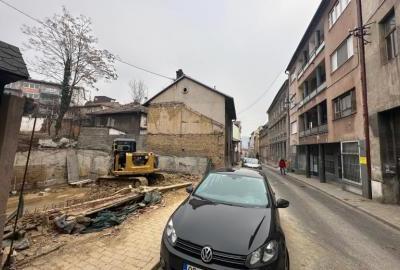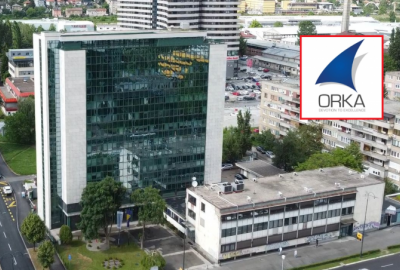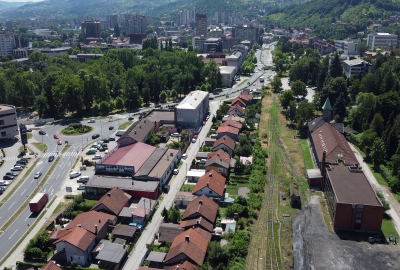Žurnal in English
BiH HEALTHCARE IN MAJOR CRISIS: Politics, catastrophic conditions and old standards are killing patients and driving doctors away
Doctors in BiH work under conditions that are far below European and world standards. There is sufficient funding, but due to poor organization and a lack of interest from political elites in implementing necessary health reforms, this money is wasted. It is not invested in essential improvements to infrastructure and equipment, nor in retaining medical staff. Ultimately, patients pay the highest price.
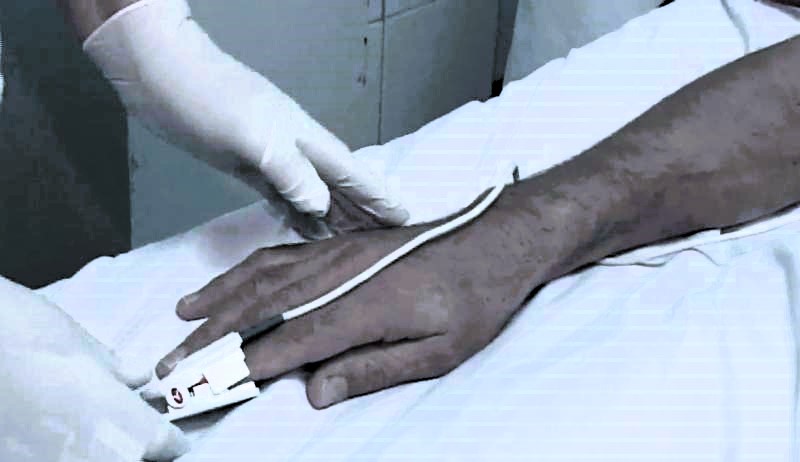
Kenan Rujanac, a specialist in general surgery and subspecialist in cardiac surgery, began working at Bugojno General Hospital in 2016, immediately after completing his specialist internship. The conditions he encountered there were catastrophic, shares Dr. Rujanac with Žurnal. He highlights a few details:
“I was the only surgeon working in the ward and the outpatient clinic, the sole doctor covering standbys and the operating room. I did not have the necessary support from diagnostic disciplines, laboratory, or radiology, which made it nearly impossible to perform at the level of secondary healthcare expected of a general hospital. Additionally, sterilization was not consistently operational—there were interruptions for over a month. The transfusion service lacked adequate conditions to monitor surgical procedures. The sanitary conditions were catastrophic, as I demonstrated through sanitary inspections. The anesthesia machine was not verified and, on one occasion, stopped working in the middle of a surgical procedure. Surgical sutures had expired... Additionally, there was minimal willingness from the management at that time to improve the conditions.”
Žurnal has previously reported on the situation at Bugojno General Hospital, highlighting issues such as the lack of specialist doctors, catastrophic conditions, and the fact that the transfusion service did not even have permission to operate.
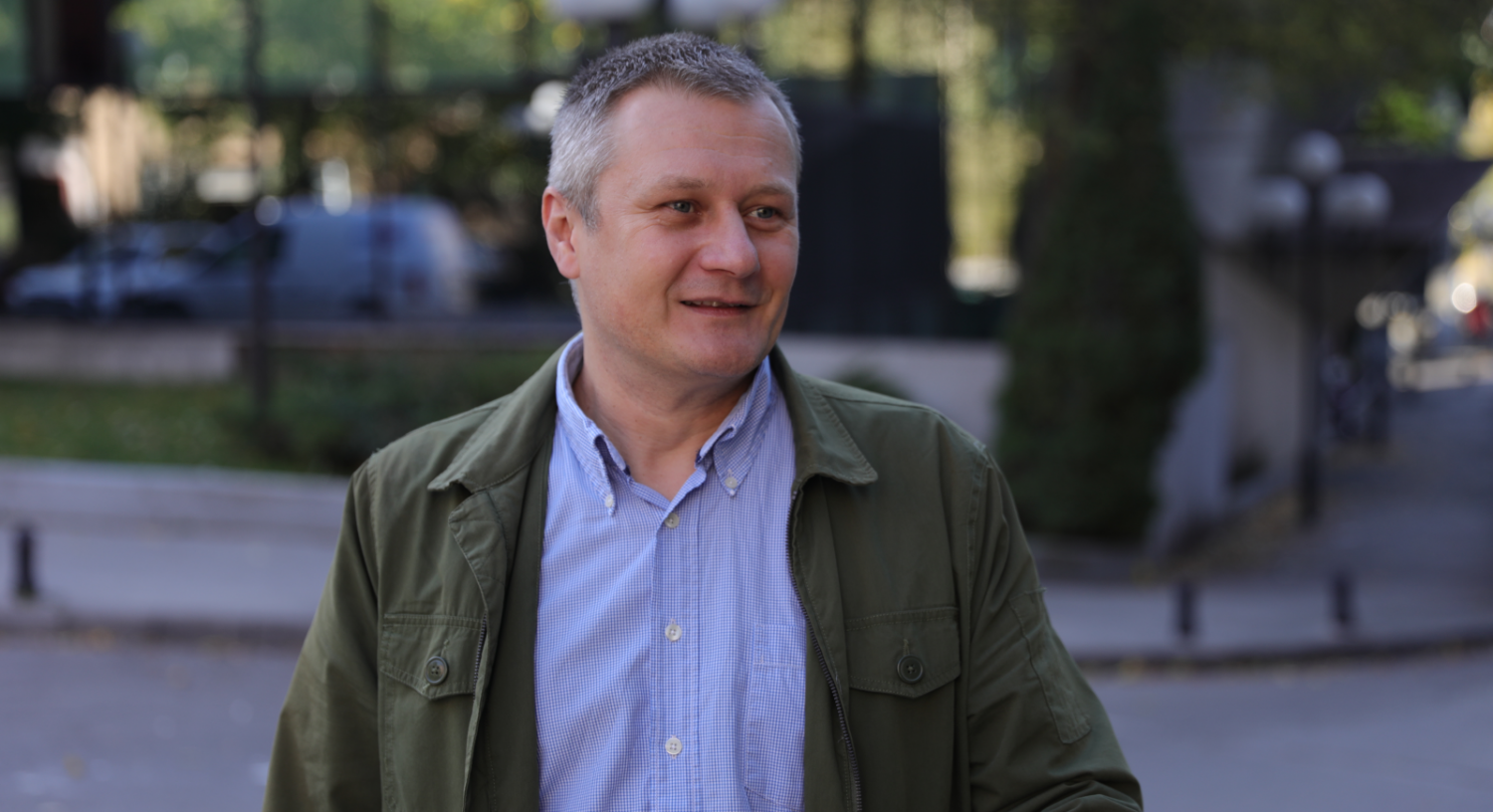
Dr. Rujanac has been trying to influence change by submitting numerous verbal and written requests and pleas to establish minimum working conditions. However, he was unsuccessful and ultimately left Bugojno General Hospital to seek opportunities abroad.
“I stopped working at Bugojno General Hospital in March 2018 after making marathon pleas and requests—both verbal and written—to establish minimum working conditions. The reason for my departure was the inadequate, and what I would call illegal, conditions regarding space, equipment, and staff necessary for the operation and general functioning of the general surgery department and the entire hospital. I then made the decision to leave Bosnia and Herzegovina for a country where a sign at the entrance to the hospital states that an attack on a doctor is considered an attack on an official. Naturally, I began working in conditions that meet all the norms and standards of modern medicine”, said dr. Rujanac for Žurnal.
CATASTROPHIC CONDITIONS AND INFLUENCE OF POLITICS
The story of Bugojno General Hospital and Dr. Kenan Rujanac is just one of many similar narratives that highlight the state of healthcare in Bosnia and Herzegovina. Although healthcare is decentralized, there are no significant differences across the regions. The situation in the two entities, ten cantons, and one district is more or less the same.
While the authorities in the entity of Republika Srpska are praised for opening a new hospital in Doboj, built in cooperation with Chinese partners, this has been accompanied by controversies and suspicions of tender favoritism toward Chinese companies, as well as potential violations of the law. Meanwhile, the conditions in other healthcare institutions indicate that the overall situation is far from satisfactory.
Dr. Maja Dragojević-Stojić has been working as a cardiologist at the General Hospital in Prijedor for many years. She completed her specialty and subspecialty in Belgrade, and has pursued additional education in various countries—from Japan to several European nations and even the United States. She said for Žurnal that the situation in healthcare in Bosnia and Herzegovina cannot be compared to those systems in any segment.
“We are thousands of kilometers away, and I don't even know how to describe how far we are from all the healthcare institutions where we trained. Unfortunately, we still work the way we did 50, maybe even more, years ago. Nothing has changed, except that the conditions are becoming increasingly difficult, which suggests that any changes are for the worse”, said Dr. Dragojević-Stojić, while specifically focusing on the institution where she is employed:
“You have a fundamental problem: your roofs leak, water is collected in the corridors in plastic buckets and blankets, and this leads to issues with the surgical rooms. Right now, the gynecology department is not operational due to the leaks, so women are giving birth in the orthopedic room. Just imagine what that looks like during an ongoing intervention? The installations are also in poor condition; not long ago, we had a fire in the surgical rooms, which caused them to cease operation. Additionally, our basic devices, such as the CT scanner, are malfunctioning. In emergencies, they work intermittently, and there have been periods when they were completely out of service. As a result, we have to refer our patients to other healthcare institutions for diagnostics, which are quite far away…”
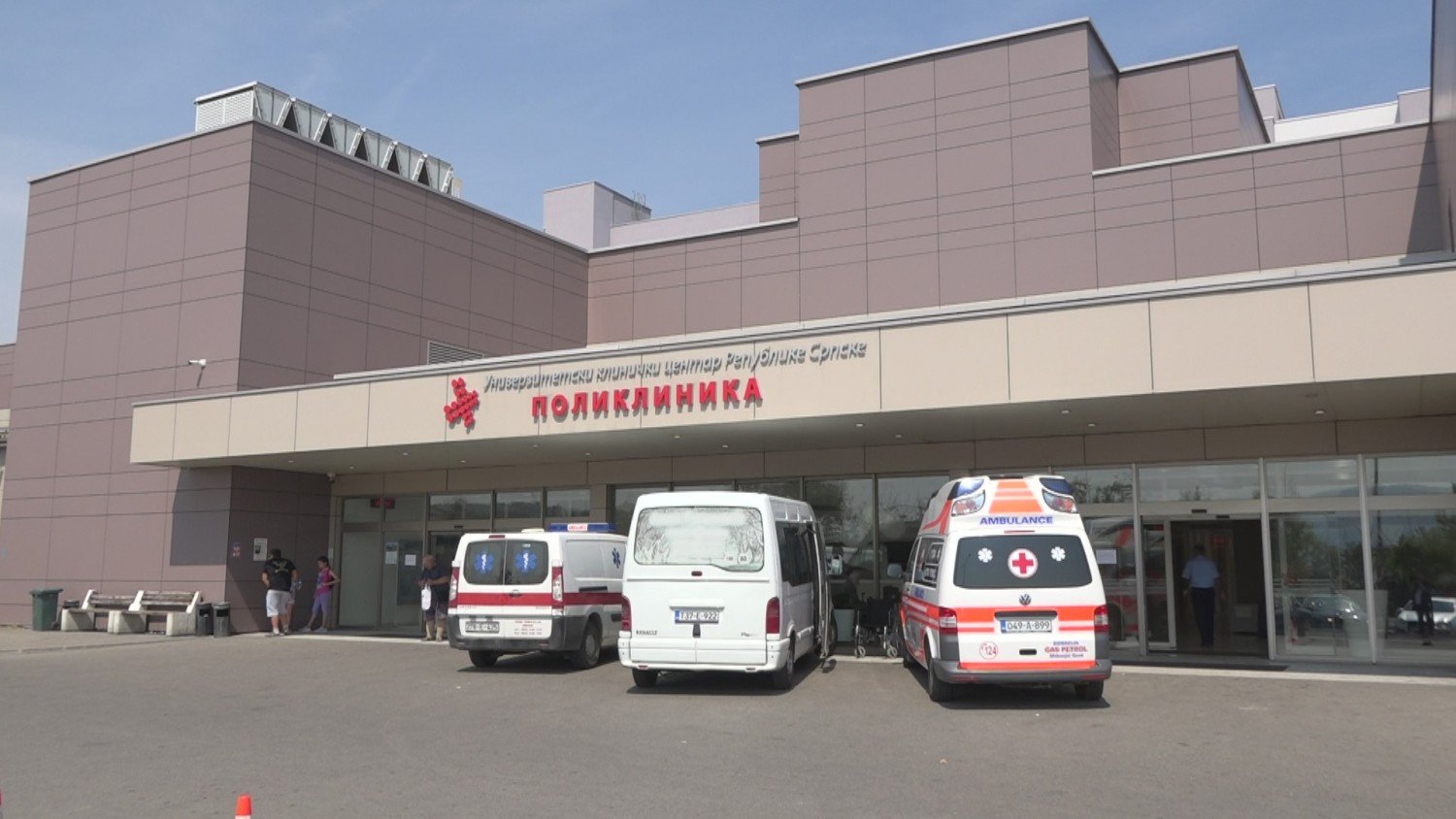
Our interlocutor, as she pointed out, has become politically involved due to the problems in healthcare and is currently a representative of the SDS in the National Assembly of Republika Srpska. According to Dr. Tarik Kapidžić, president of the Medical Chamber of Zenica-Doboj Canton, it is politics that is to blame for the catastrophic state of the healthcare system.
“Politics has interfered too much in healthcare, primarily because there is significant money involved. While funds are available, they are being spent recklessly. The Federation Ministry of Health, which should be consistently working to pass implementing acts and regulations, is inactive, leading to chaos. Unfortunately, politics is hindering progress. We are still operating under standards and norms from the previous system, dating back to the eighties, which have never been updated. We push for calculations regarding the number of doctors and the necessary equipment, but nothing is happening”, said dr. Kapidžić.
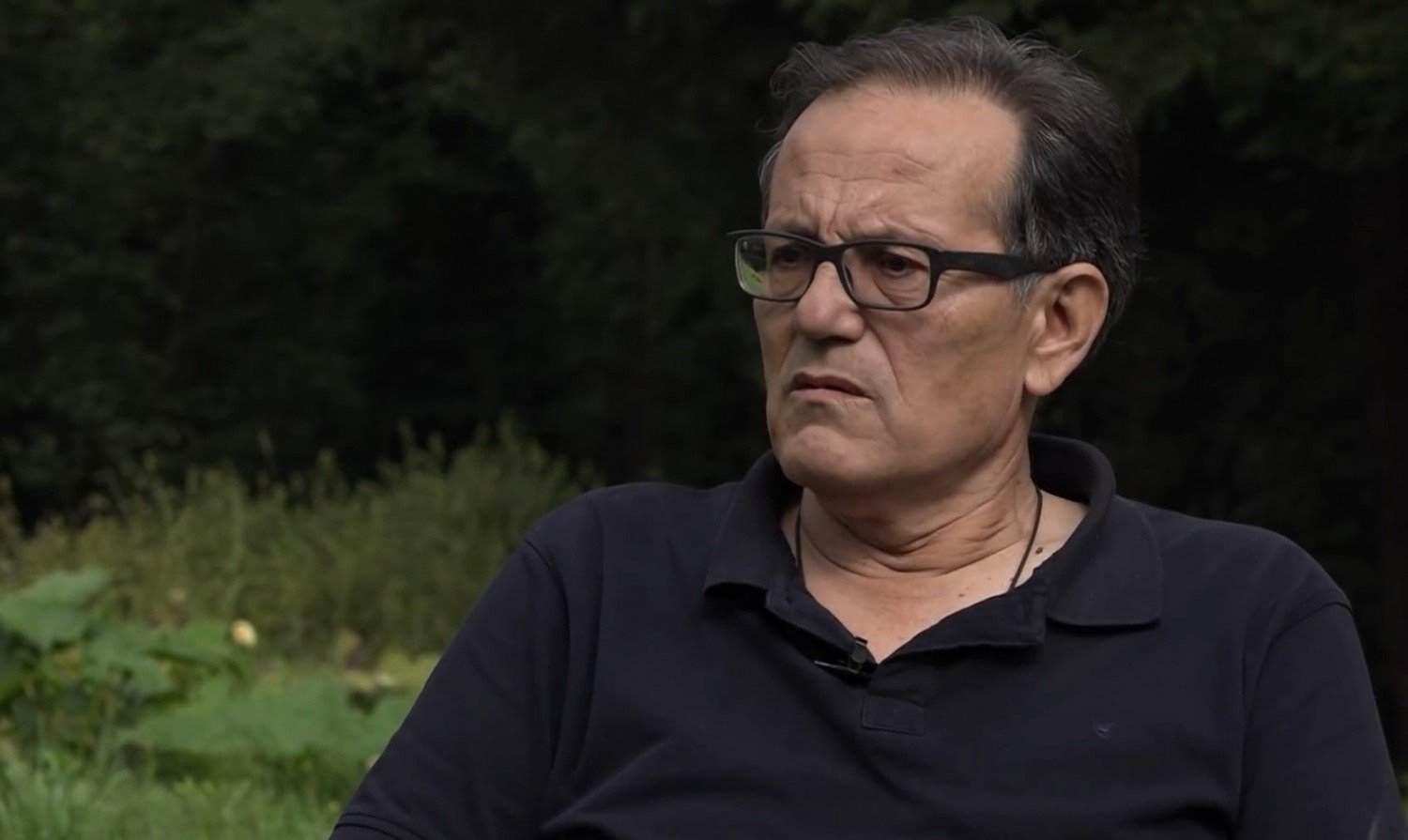
He adds that, if politics were removed from healthcare and adequate organization were established, a lot could be achieved:
“The money just drains away. For example, consider the Visoko healthcare center, which is excellent. Just ten kilometers away is the Breza healthcare center, and another ten to fifteen kilometers brings you to the Vareš healthcare center. In that small area of 30 to 40 kilometers, there are three healthcare centers. Additionally, there is Kakanj, just some 17 kilometers away on the other side. Thus, capacities are constantly being duplicated. When suggestions are made to consolidate services for better efficiency, there’s no consideration. The directors are appointed politically, and they need a secretary, a car, all the perks. As a result, capacities are redundantly expanded, leading to chaos, and no one bothers to ask the patients about their needs.”
THERE IS MONEY, BUT HOW IS IT BEING SPENT?
Healthcare in Bosnia and Herzegovina is primarily financed through mandatory contributions for health insurance, along with budget funds, citizen participation, and donations. In 2023, the Federation of Bosnia and Herzegovina collected slightly over 200 million marks from mandatory health insurance contributions from the cantons.
However, a portion of this money is not being utilized for improving healthcare, as mandated by law; instead, it remains unspent in the accounts. This issue was highlighted by auditors during their audit of the Sarajevo Canton Health Insurance Institute.
“In 2023, the Institute recorded an excess of income over expenses totaling 65.136.774 BAM. Additionally, the accumulated surplus from previous years, excluding funds from legal reserves, amounts to 94.792.551 BAM”, said the auditors.
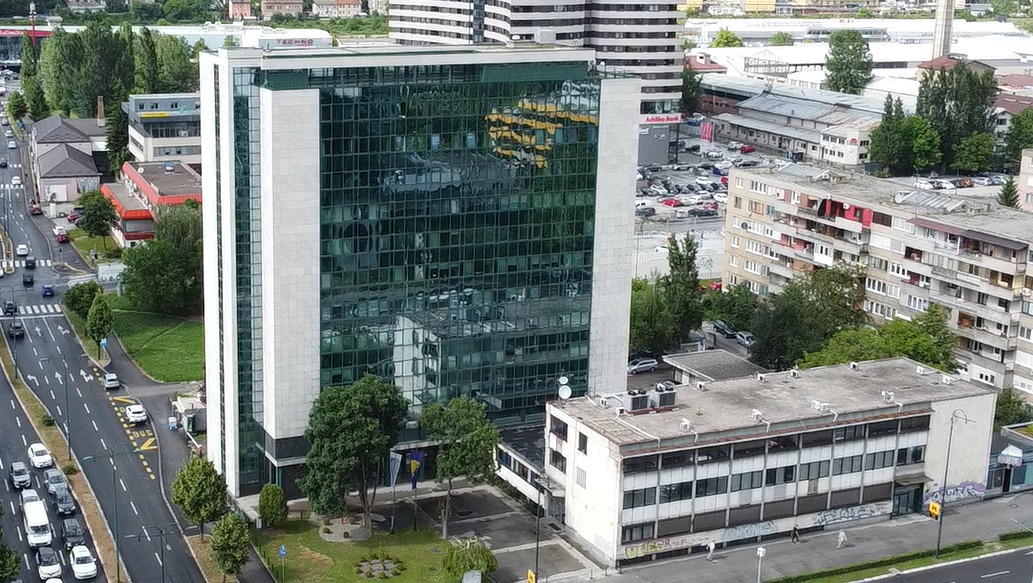
It is clear that there is definitely money available. However, it is equally evident that this money is not being spent in the most effective way. The results are clearly visible, particularly in terms of extremely poor infrastructure and outdated medical equipment. Other issues persist as well, including political influence that disrupts interpersonal relationships and a chronic shortage of doctors. Dr. Tarik Kapidžić states that doctors’ salaries are the least of the problems:
“I believe that disturbed interpersonal relationships, severe political meddling in healthcare, inadequate working conditions, and immense pressure from patients lead to doctors ultimately breaking down and leaving. When a Japanese educator visited the Zenica Hospital and saw the conditions, he remarked, “Ah, this hospital is just like the one in Mongolia!” It’s a statement that’s both humorous and deeply sad.”
One of those who left the Cantonal Hospital Zenica is dr. Meho Kovačević. He was fired to be more precise. As he said to Žurnal most probably because of his political engagement.
“I worked at the Zenica Cantonal Hospital from 2006 until July 2021, when I was dismissed. Currently, the matter is in court. I believe I was fired due to the arbitrary actions of the director while I was on sick leave. The underlying reason may be my involvement as the founder of a political party in Zenica”, said dr. Kovačević.
He shares the opinion that the salaries of medical staff are not the main problem. In his view, the key issues are that healthcare decisions are made by politically connected individuals, outdated infrastructure, a lack of educational programs, and poor allocation of funds that are readily available and sufficient.
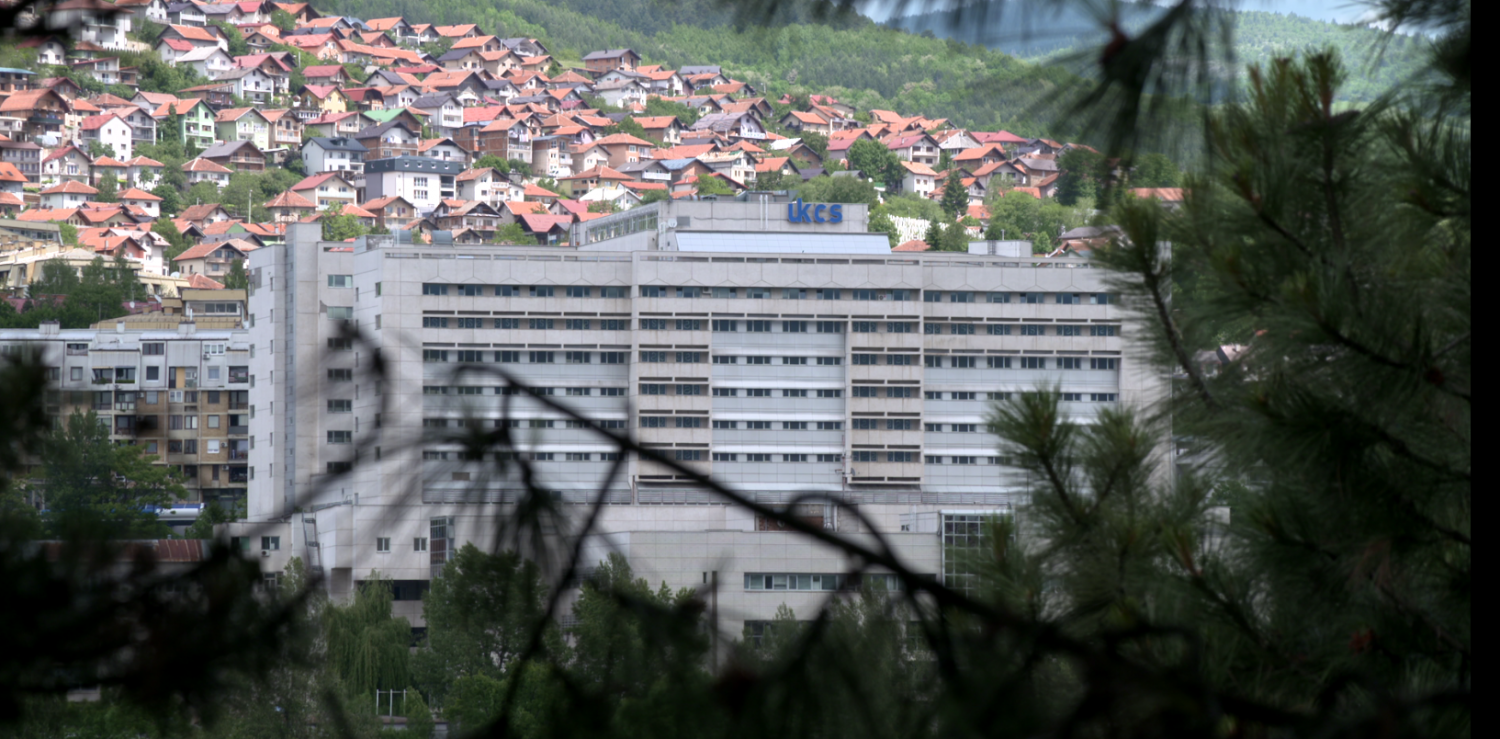
He specifically focused on the resources available to the doctors at the healthcare institutions:
“We’ve seen the videos showing the horrors from Gaza and noted that their hospitals, despite being isolated in a kind of ghetto, are far more modern and better equipped than those in Bosnia and Herzegovina, 30 years after the war. We watch medical dramas where teams of six or seven doctors handle a single case, quickly ordering CT scans and MRIs. In our country, it would take three years to get through a single episode of a show like Dr. House. It’s not meant to be a caricature, but it’s not far from the truth.”
He is now working in a private hospital in Sarajevo, where, as he said, the working conditions are far better:
“That hospital reflects how every hospital should look—nothing more, nothing less. The fact that our public hospitals resemble those from the time of the Chernobyl disaster is a completely different matter. This is a result of chronic, long-term neglect of the healthcare system in favor of other priorities.”
DOCTORS LEAVING AND OLD STANDARDS
Doctors leaving Bosnia and Herzegovina has become a chronic problem. Until recently, the Zenica Cantonal Hospital had the only pediatric anesthesiologist in the Federation. However, due to disturbed interpersonal relations, she left the country for Slovenia, along with her husband, who is also a doctor.
Another significant issue for the Republika Srpska entity is the disparity in salaries, which are considerably lower compared to those in the Federation and especially in neighboring Croatia.
“One nurse, who also works night shifts and cares for the most difficult patients, earns slightly above the minimum wage in Republika Srpska. For such demanding work, that salary is truly insufficient. Similarly, doctors’ salaries are significantly lower than those in the Federation; often twice as low, “ said Dr. Maja Dragojević-Stojić emphasizing that there is a severe shortage of doctors, and frequently, there are no applicants for advertised positions.
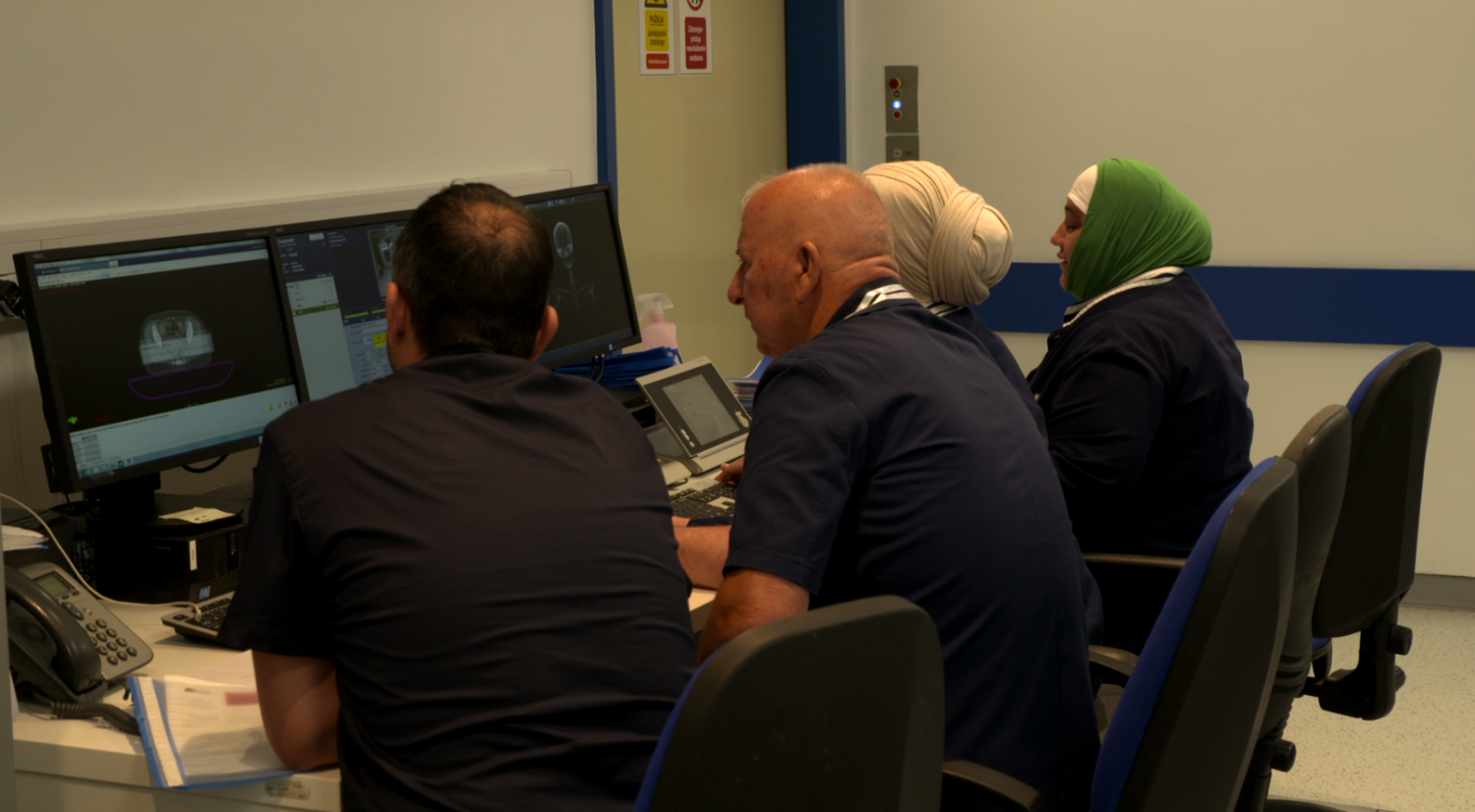
The standards and norms of treatment in our country are considered very outdated, according to the Žurnal’s interlocutors. However, even with the existing number of doctors, it is often challenging to meet even these standards, let alone those required by modern medicine.
“"Even if we were to apply the standards and norms according to the Western system and then reduce them by 50%, we would still not have enough doctors”, said dr. Tarik Kapidžić.
Oncology patients in Bosnia and Herzegovina are acutely aware of the way in which patients are treated. There are significant shortages of cytostatic drugs, the Solidarity Fund’s list of medications has not been revised by the Federation Ministry of Health in years, the procurement of radiation equipment for University Clinical Center Tuzla has been unsuccessful, and the FBiH Government owes hundreds of millions of marks to the Solidarity Fund. These issues represent just a fraction of the daily struggles faced by oncology patients. Žurnal has produced a film highlighting these very challenges faced by the oncology patients:
Semir Bešlija, head of the Oncology Clinic at the Clinical Center of the University of Sarajevo, highlighted that both doctors and patients in Bosnia and Herzegovina lack access to new treatments: “Out of the 140 oncology molecules introduced in the last four years and registered by the European Medicines Agency, we have only 14. We have been waiting for their use for over a year. Unfortunately, this reflects the strength of the state and its commitment to oncology patients, and we find ourselves in a significantly worse position than the rest of Europe—not just the European Union, but Europe as a whole.”
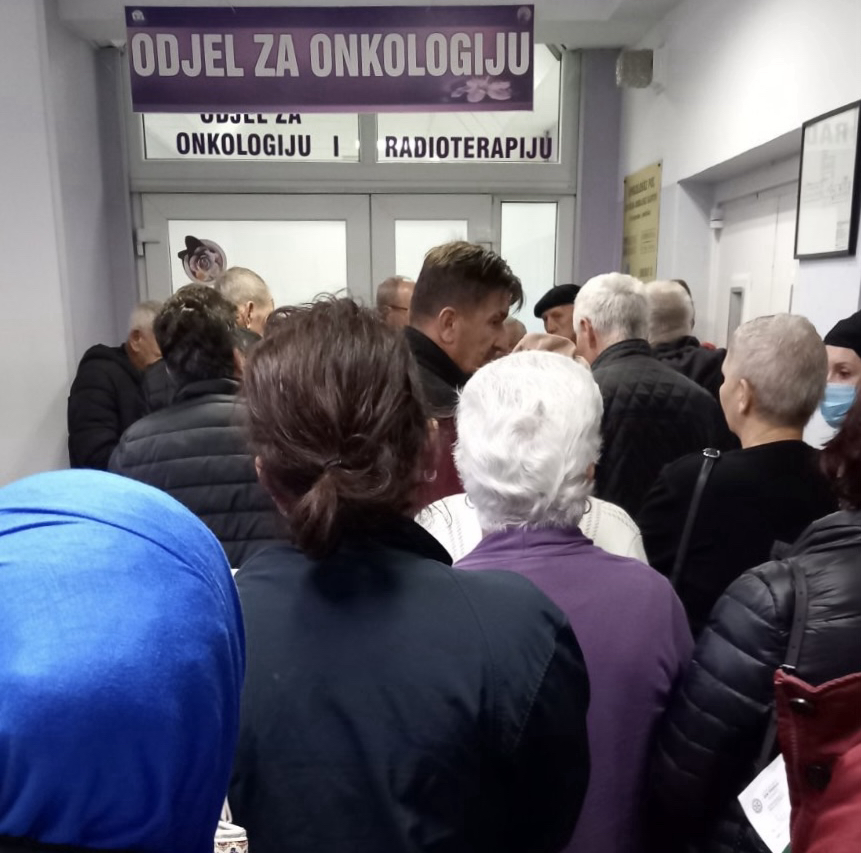
If comprehensive reforms in the healthcare sector are not urgently implemented, the situation will deteriorate even further in the coming years. The average age of doctors in Bosnia and Herzegovina is over 54, and the lack of attention to who will succeed them should serve as a clear warning to the authorities.
The level of concern among officials regarding these issues is perhaps best illustrated by the fact that neither the Federation Ministry of Health nor the Ministry of Health and Social Protection of Republika Srpska responded to the Žurnal’s inquiries.
In the meantime, it is certain that we will continue to face long waiting lists, enduring months and even years for examinations and procedures. Queues in waiting rooms will remain substantial, and if we do receive treatment, it will likely involve outdated drugs and methods…
(zurnal.info)





